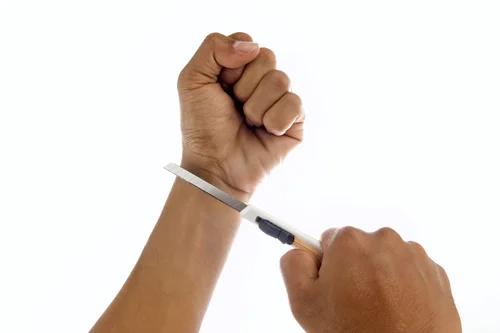+1 845 259 2974 (11 a.m to 7 p.m CST)
Crime and not fun: Dealing with the habit of shoplifting among kids

How will you react if you find out that your son or daughter is involved in shoplifting? How will you react towards your child after anger has entirely consumed you? Before going for the kill, ask yourself these questions – What prompted the kid to steal? How should I handle this issue sensibly?
Why teens steal?
Teens are aware of the fact that they have to pay for anything that they pick up at any shop, but they still might steal owing to lack of self-control.
Your teen might be hanging around with friends who are involved in shoplifting activities. Mostly, stealing becomes a habit because of the thrill it provides to the teenager, giving them more control over their decision-making process, and when teens rebel from the conventional norms of society.
Stress at home, school, or among their immediate group might make the teen angry and stealing is a way to get people’s attention. Such kids might also be experiencing emotional or physical abuse.
If your teen has picked up a drug habit, then stealing is only just another natural vice for him/her. Shoplifting might become a lasting habit if the kid is paying for his/her drugs in exchange for the stolen items.
How to handle the situation
After catching a teenager stealing something from a shop, parents should make the consequences of shoplifting clear. Parents should also be aware of the fact that whether their child is a first time offender or habitual shoplifter. Some things that parents can do are as follows:
Parents should adopt stricter measures if a teen is involved in shoplifting. In the case of first time offenders, the parents can take the kid and the stolen item to the store and meet the management to explain to them what happened and apologize for the child’s mistake.
Decide whether your child can be reformed through harsh physical punishment or by adopting a more civilized way.
A word of caution: Physical punishment usually ticks off the child in the wrong way.
Make the teen understand that their shoplifting habit not only hurts the people running the business but also impacts the citizens in a negative way due to inflation in prices. Let them know that serious consequences associated with this crime can lead them to the confines of juvenile detention or even prison (for repeated stealing).
Reforming a shoplifter
- Get professional help by contacting a family therapist or counselor to talk to the teen.
- Ask for the services of the local church or other religious services that is more closely related to your faith.
- Register the child with a support group working for the benefit of habitual stealers. National Association for Shoplifting Prevention (NASP) and Kleptomaniacs and Shoplifters Anonymous (CASA) are two such options available from among many others.
- Monitor your child’s activities and behavior to look for any suspicious changes.
- According to rough estimates, one third of all juveniles involved with stealing admit that it is difficult for them to trash the habit. Therefore, if shoplifting is becoming a habit with your teenager, make an effort to bail him/her out at the earliest before things get out of control. Teenagers and shoplifting is otherwise a dangerous combination.























